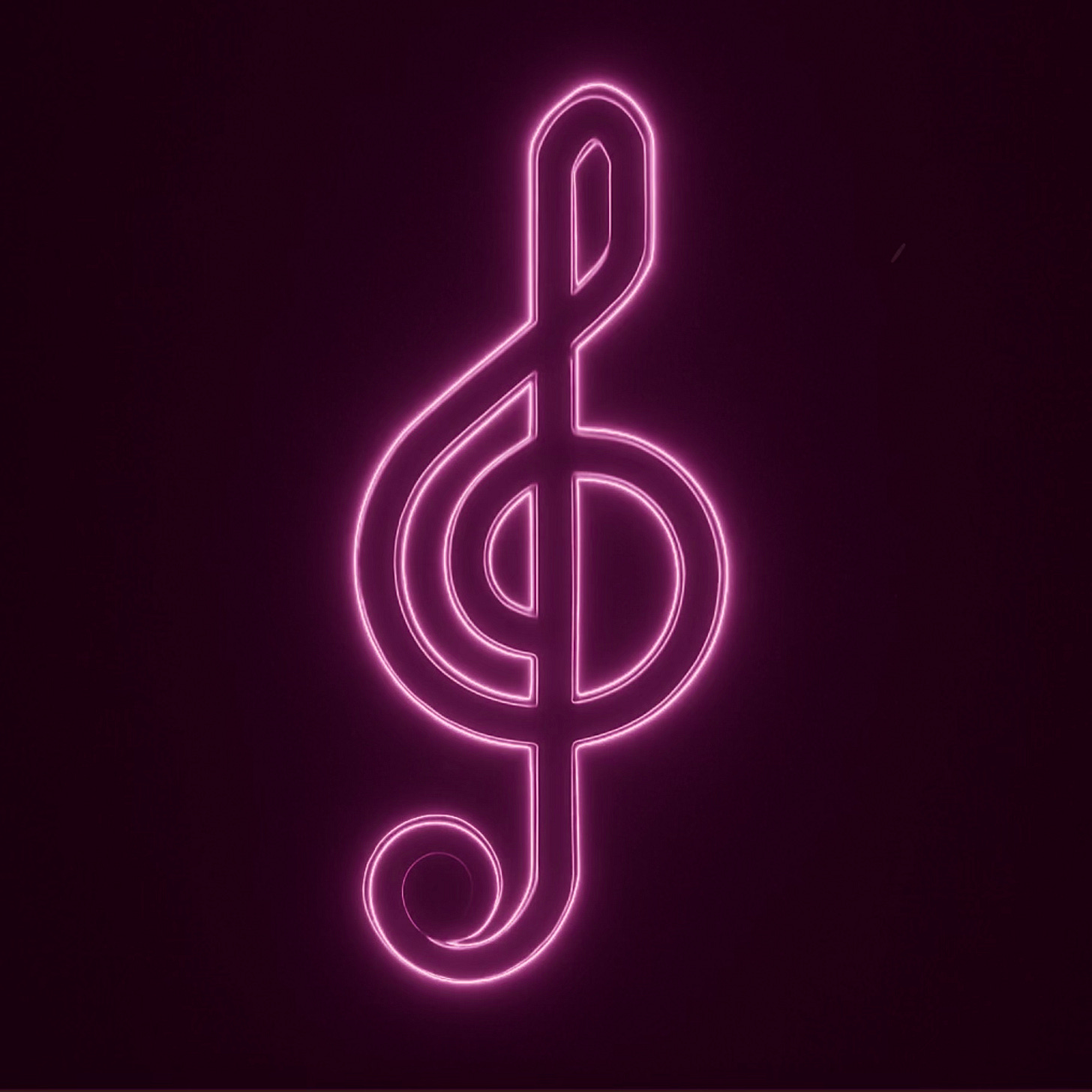Can AI generate music with emotion? (part 2)
Part 2 of 2 (or more)
In Part 1 of this story, I asserted that “can AI can generate music with meaning” is a better question, and suggested that for me the answer is no (at least not now). Part 2 will focus on whether meaning in music (or any art form) even matters, and this is a much more complex question.
First let me offer that I don’t think that meaning is a requirement for triggering an emotional response to music and art. Although it pains me to say it, I expect that many people feel some emotion when they listen to The Velvet Sundown (for me it’s revulsion). But this is where I think it’s important to delineate between emotional response and emotional connection.
An emotional response is immediate and usually instinctive, and indeed does not depend on knowledge of context or meaning. It’s a reflexive reaction to a stimulation of our senses, and it’s ephemeral- emotional responses don’t last. Laughing at a joke, gasping in fear- these are emotional responses.
An emotional connection is very different. It’s often defined as a sustained bond born of shared values, empathy, context, or narrative, or in other words, meaning. Yes, it’s human meaning that establishes and nurtures a lasting emotional connection, and this my friends, is where AI taps out.
We build profound relationships with music and art when we understand at some level the human stories that surround and flow through it; the struggles, the victories, the human journeys. And it’s the resulting emotional connection that has us returning to our personal favorite music year after year, engaging in passionate arguments about best and worst songs and albums, and inspiring us to see our favorite artists in concert (despite the price of tickets!).
Not to be mistaken- the emotional response that can be triggered by AI-generated music can’t be ignored, and left unregulated, will increasingly create direct competition for human artists, especially with younger (easily distracted) audiences. But as we age, it’s the emotional connection that can only come from music with true human meaning that will be deeply interwoven with our own life stories. And that matters.
That’s what I think- what do you think?



Regulation with enforcement will be difficult, especially since machine learning is more of a tool than an author. An artist should have the right to remove their work from the training set as part of copyright law. Derivative works are very similar to sampling, and it would be very interesting to see what a good algorithm could put together; if not good work, at least something that may inspire new work by a human composer. A computer cannot be inspired, just programmed.
How do you think this might apply to Classical music? Especially music without lyrics? Do you think that might be easier for AI to accomplish?